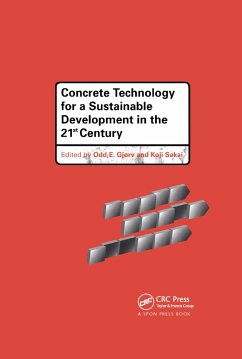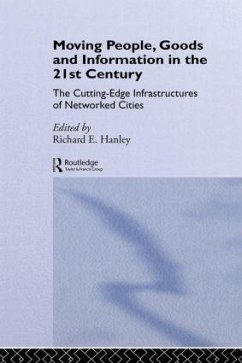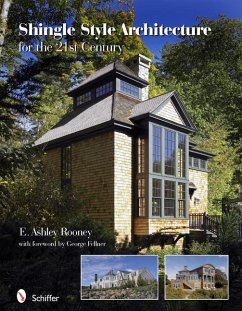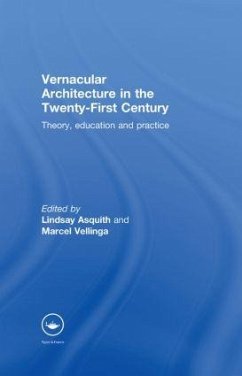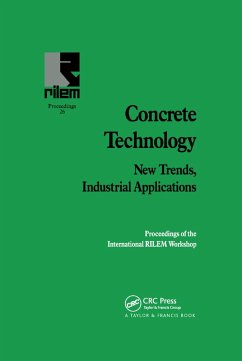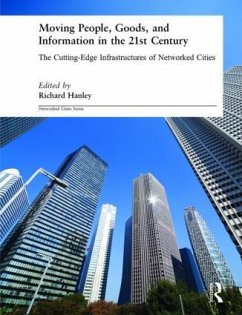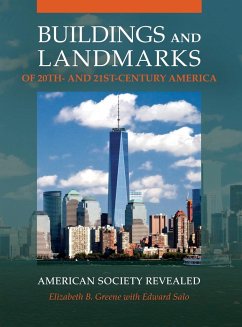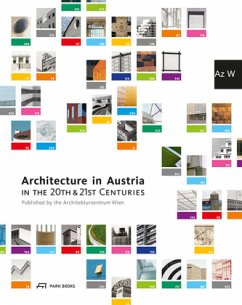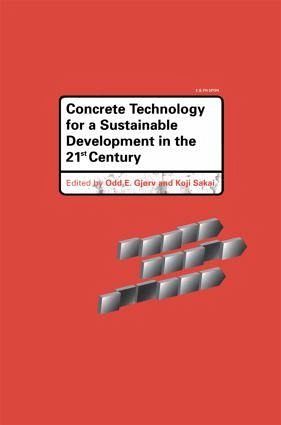
Concrete Technology for a Sustainable Development in the 21st Century
Versandkostenfrei!
Versandfertig in 1-2 Wochen
323,99 €
inkl. MwSt.
Weitere Ausgaben:

PAYBACK Punkte
162 °P sammeln!
Concrete technology for a sustainable development in the 21st century focuses on the problems and challenges for the concrete industry today and in the future with particular emphasis on environmental consiousness. Primary topics include: the improvement of concretes service life to ease technical and economical problems and the waste of natural resources; environmentally friendly concrete production including new production methods and recycling materials; and actually using concrete to solve environmental problems, for example through the containment of hazardous waste. The book is the resul...
Concrete technology for a sustainable development in the 21st century focuses on the problems and challenges for the concrete industry today and in the future with particular emphasis on environmental consiousness. Primary topics include: the improvement of concretes service life to ease technical and economical problems and the waste of natural resources; environmentally friendly concrete production including new production methods and recycling materials; and actually using concrete to solve environmental problems, for example through the containment of hazardous waste. The book is the result of the international workshop held in Lofoton, Norway. With very select contributions from the most distinguished international professional experts, this book provides a basic framework and guidelines for national and international bodies.




